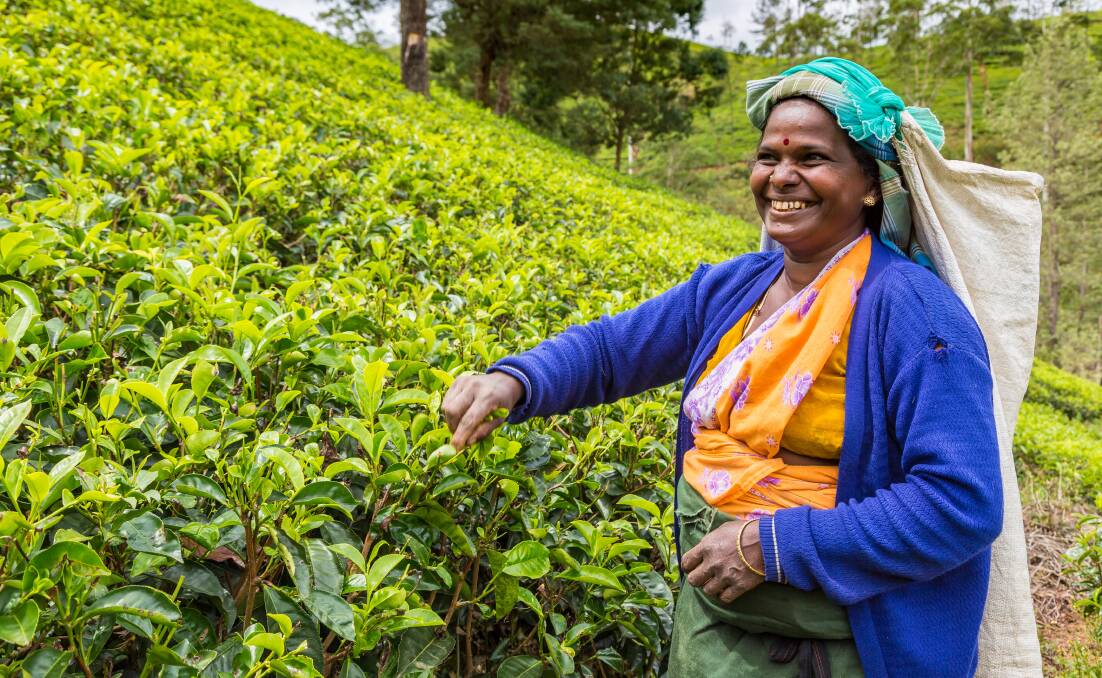
THE SRI Lankan government's decision last year to mandate organic farming has been cited by the expat Sri Lankan community and agricultural analysts as a key reason behind the current crisis in the island nation.
Subscribe now for unlimited access to all our agricultural news
across the nation
or signup to continue reading
While the short-lived policy to ban synthetic fertilisers and crop protection products has since been overturned, the impacts in terms of food production have lingered and there are serious concerns surrounding the country's food security and the added costs of buying expensive food imports have played a role in effectively sending the country broke.
Protesters have stormed the Sri Lankan parliament and there is widespread unrest across the country as the populace struggles to cope with monstrous economic crisis.
"The issues with farming have been a huge factor," said Nalika Padmasena director of Save A Dream, a Sri Lankan-run group dedicated primarily to raising funds for urgently needed medical supplies in Sri Lanka.
"Farmers' existences were tough enough beforehand but now with fertiliser hard to get and with buyers not paying a fair price for their product it is hard for them to survive," Ms Padmasena, a former president of the Sri Lanka Association of New South Wales (SLANSW) said.
"We have a situation where people are virtually starving for months on end, they have small plots for food for their own family use but it is not enough."
Ms Padmasena said the government needed to have taken more time before making the decision.
"The advice taken by the government before embarking on this agricultural policy was not followed by enough research into the impact on the people," she said.
"In particular it was difficult because the changes were implemented virtually overnight, farmers did not have a chance to adjust and the yield followed suit.
Matthew Cossey, chief executive at CropLife Australia, the country's crop protection industry peak body, said the Sri Lankan government had been heavily influenced by international lobby groups in making its decision, which it claimed at the time was to reduce healthcare costs and improve national terms of trade by buying less fertiliser and pesticide.
"Those groups giving advice that moving instantly to an organic system have become thin on the ground in the wake of what's happened in Sri Lanka," Mr Cossey said.
"You cannot have government making such a massive change overnight and not expect it to have the impacts it does, what we are seeing in Sri Lanka is a warning to the rest of the world of what comes from blindly following a particularly ideological position," he said.
"At CropLife we are not opposed to organic farming, many of our members are involved in supplying inputs into organic systems, but we believe in the right of choice and strong robust regulatory systems to give people confidence that registered crop protection products are safe to use."
Andrew Whitelaw, Thomas Elder Markets analyst said while the changes to agricultural policy were not the sole reason for the crisis they had played a major role in it.
"Yields for both the staple crop, rice, and the major cash crop, tea, dropped dramatically," Mr Whitelaw said.
"This happened at a particularly bad time with world food prices appreciating substantially meaning Sri Lanka had to import more food than usual at a markedly higher price," he said.
"There is no doubt the change to the ability of Sri Lankan farmers to produce food has been a major reason in what has happened."
"The policy has been a disaster."
Ms Padmasena said Sri Lanka remained a country with a strong agrarian heart and that many people derived a living from the sector.
"Agriculture is a major employer, especially in the north-east of the country, it is heart-breaking to see our fertile country, the Island of Paradise, unable to produce the food needed by its people."
Sri Lanka's major agricultural purchases from Australia include lentils and wheat.
Sales have increased since the crisis but the country's cash issues mean some sellers regard it as having an unacceptably high counterparty risk.
Mr Whitelaw said from an agricultural perspective the key lesson was the limitations of organic systems.
"Organic farming cannot feed the world, rich countries may be able to afford it, but with yield declines, it offers food insecurity," He said.
"It may have a great fit for certain businesses looking to satisfy market demand but on a national and international scale it just cannot provide the volumes required, not to mention its higher cost structures."


